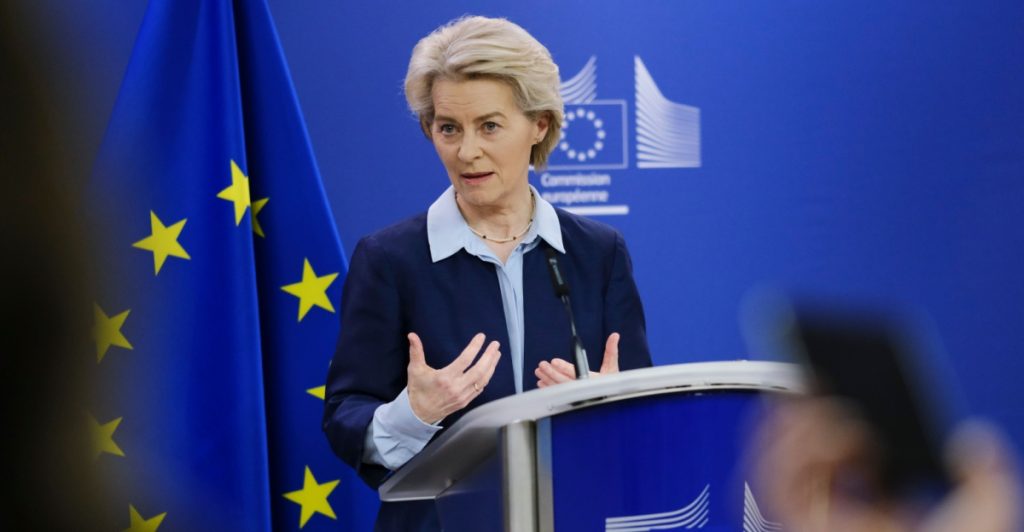European Commission defends transparency as court ruling looms
Others are reading now
The long shadow of the COVID-19 pandemic still stirs controversy in Brussels, especially as the European Union braces for a decisive court ruling.
This Wednesday, the Court of Justice of the European Union (TJUE) is expected to deliver a verdict on the case involving Commission President Ursula von der Leyen and her private communications with Pfizer CEO Albert Bourla.
At the center of the storm are text messages reportedly exchanged during negotiations for vaccine procurement — communications that, according to the New York Times, the European Commission allegedly concealed. Brussels, however, denies any wrongdoing.
Commission: No Documents Were Hidden
Sources within the European Commission clarified Monday that no access to documents was denied, as reported by 20minutos.
Also read
Instead, they argue, the requested text messages were never formally registered because they did not contain substantive content under internal record-keeping rules. Messages deemed “ephemeral” — like short, operational texts — are not required to be archived, they insist.
Officials further emphasized that had the texts contained critical information related to decision-making processes, they would have been preserved and made available.
The Commission stressed that the dispute is “not a criminal case” but a procedural matter regarding the EU’s transparency laws. It will now be up to the TJUE to determine whether text messages in such contexts qualify as official documents.
Context: Vaccine Procurement Under Pressure
The broader backdrop reveals the intense pressure facing EU leaders during the pandemic. Negotiations for vaccines were conducted jointly by the Commission and member states at a time of great urgency and uncertainty.
Officials defended their decisions, saying every move was made with the best available information at the time — emphasizing solidarity and collaboration across Europe.
Notably, the Commission points out that by the summer of 2021, 70% of Europe’s adult population was fully vaccinated, surpassing even the United States.
Much of that success hinged on securing mRNA vaccines like those from Pfizer-BioNTech and Moderna.
Eyes on Wednesday’s Verdict
While Brussels maintains that it handled the matter transparently, the pending TJUE decision could set an important precedent for what counts as an official document in an increasingly digitalized government landscape.
As scrutiny intensifies, European officials hope the upcoming ruling will vindicate their actions — and perhaps help move beyond one of the pandemic’s most politically charged controversies.


